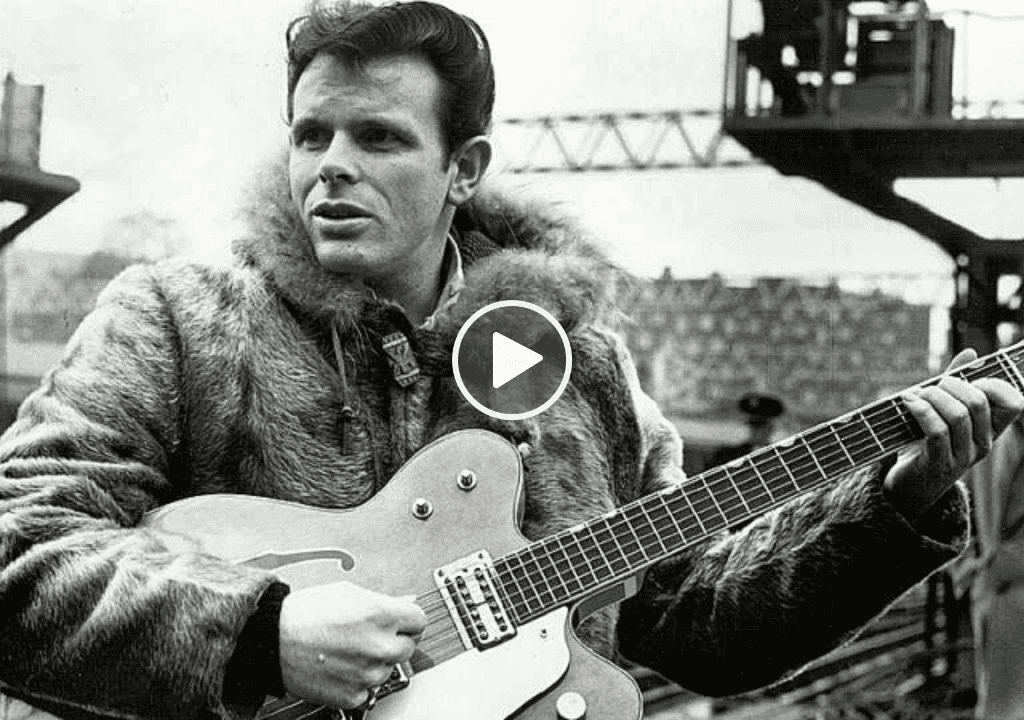Joan Baez, a pivotal figure in the 1960s American folk revival, wasn’t just a singer; she was a powerful voice for social change and a champion of folk music’s rich tapestry. Her ability to interpret traditional songs and deliver them with her signature crystal-clear vocals resonated with audiences worldwide. One such song, a ubiquitous presence in her live performances for over six decades, transcended its origins to become a global folk anthem: “500 Miles”. This wasn’t just a simple, repetitive melody; it was a poignant lament for a lovestruck wanderer, yearning for connection and longing for home. “500 Miles” resonated with audiences for its relatable themes, its singalong simplicity, and Joan Baez’s powerful delivery, solidifying her reputation as a singer who could breathe new life into folk music while connecting with listeners across borders and generations.
The origins of “500 Miles” remain slightly murky. It’s generally credited to folk singer Hedy West, who copyrighted the song in 1961. However, the melody and core themes bear resemblance to older American folk songs, suggesting a possible evolution through oral tradition. This very ambiguity adds to the song’s enduring appeal. The song’s strength lies in its relatable narrative – a traveler, far from home and penniless, expresses a deep longing for his loved one and the comfort of home. Produced by various figures throughout Baez’s career, depending on the recording, the aim was always to maintain a stripped-down and intimate feel. A simple acoustic guitar melody lays the foundation, punctuated by the rhythmic strumming of the instrument and the occasional mournful cry of the harmonica. The overall sound is raw and unadorned, perfectly complementing the song’s universal message of longing and the power of human connection.
Joan Baez’s vocals are the driving force of “500 Miles”. Delivered with a youthful vulnerability in her early recordings and a seasoned empathy in later renditions, they perfectly capture the protagonist’s emotional state. The lyrics paint a vivid picture – the vast distance separating the traveler from his love, his dwindling resources, and the unwavering hope for eventual reunion. There’s a sense of melancholy woven throughout the song, a yearning for connection that transcends physical distance. The song’s simple, call-and-response chorus, “If you miss the train I’m on, you will know I am gone. You can hear the whistle blow a hundred miles,” became an unforgettable hook, inviting audience participation and solidifying the song’s status as a folk singalong staple.
“500 Miles” wasn’t a chart-topping hit for Joan Baez, but it became a cornerstone of her live shows and a beloved song amongst folk enthusiasts worldwide. The song transcended its American roots, becoming a global phenomenon covered by artists in countless languages and musical styles. “500 Miles” stands as a testament to Joan Baez’s enduring legacy, her ability to breathe new life into traditional folk music and deliver it with a power and simplicity that continues to resonate with listeners seeking relatable themes, a singalong chorus, and a timeless message of love, longing, and the enduring human desire for connection.





